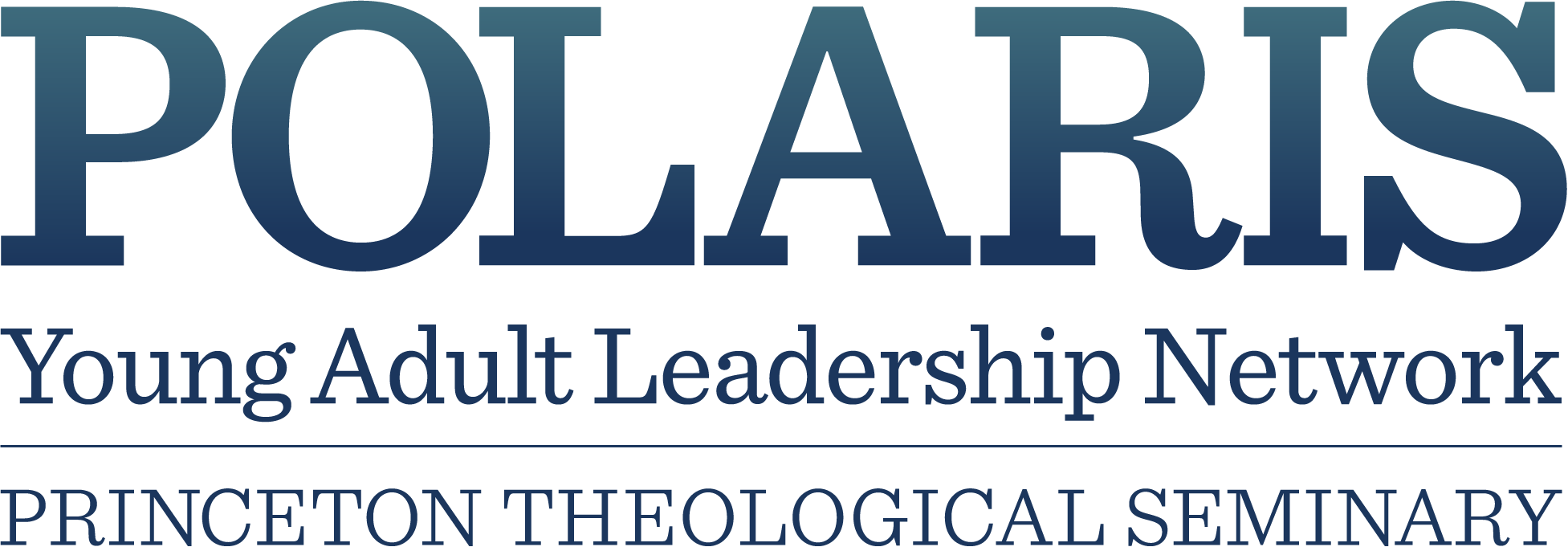By Brooke Foster
November 11, 2023
Listen to this post.
The future of the church is ecumenical. Over the past few years, I’ve fully embraced this sentiment. I believe, with every fiber of my being, that each tradition has something beautiful to contribute to our way forward as the body of Christ.
This belief comes naturally to me. After all, over the short 27 years of my own young life, I’ve been formed by many distinct Christian traditions. Growing up, as the token youth-group-all-star of my small United Methodist Church, I was deeply involved in its local and regional ongoings. It was there that I learned to love my Wesleyan roots and to appreciate a grace-centered theology. For undergrad, I attended Lipscomb University, an institution affiliated with the Churches of Christ, where I took theological coursework and gained a deep respect for a cappella worship, biblical Greek, and missional entrepreneurship. While at Lipscomb, I also attended a local Nashville mega-church—a far cry from my liturgical upbringing. Upon graduating, I went straight to Princeton Theological Seminary (PTS). Here new worlds were opened to me through the academy, and I began to deconstruct—and reconstruct—my Christian faith. After earning my MDiv, I worked in a small, Catholic non-profit for a short time. In that season, I learned to appreciate both the rich traditions and many faith expressions of the Catholic church.
Now, back at PTS and working with the Polaris Young Adult Leadership Network, I’m grateful for the hodge-podge of faith communities that have formed me. From very liturgical churches with large organs and traditional trappings to non-denominational, free churches; from congregations steeped in the culture of the American South to those of the Mid-Atlantic; and even from Protestant to Catholic, I have grown into the person I am today because of, and perhaps in spite of, these various expressions of Christian faith. I like to think of my own faith expression as a mosaic of all the traditions that have formed me—pieces of each stamped upon my heart, mind, and soul.
My Christian identity has been cultivated through the spirit of ecumenism. I am convinced: the future of the church is ecumenical. Yet, I often wonder what this looks like in practice. How can we, as siblings in Christ, bridge our differences and chart a new path that honors our theological particularities? And, even more so, how can we, the young adult leaders of the church, understand all the challenges and trauma of our traditions and still choose to hope for this new path?
How can we, as siblings in Christ, bridge our differences and chart a new path that honors our theological particularities?
At the end of October 2023, Polaris Leadership Network welcomed its inaugural cohort of fellows to the PTS campus for an opening retreat. At the retreat, nearly 40 Christian leaders representing 10 different experimental programs for young adults from around the United States gathered to share learnings, navigate challenges, and, most importantly, forge holy friendships. Of these Christian leaders, 22 were young adults, the first group of Polaris fellows.
Together over the course of a weekend, these young adults from Orthodox, mainline Protestant, evangelical, and Catholic backgrounds participated in a grand exchange of ideas and hope. As they communed together across seemingly insurmountable theological differences and ideological divides, these leaders began to embody the gospel call for unity. Though each young person leads from a distinct and situated foothold, they share a deep love for and commitment to their Christian faith.
From my vantage point on the Polaris Leadership Network team, I watched intently as the fellows grew more comfortable with one another, leaning into the experience of joining a new cohort. I witnessed as folks pushed away their walls and welcomed the possibility of new community. In a world where we’re often quick to view any type of difference as negative, these young leaders recognized difference as a catalyzing gift.
I, like many of the fellows, left the retreat feeling both exhausted and exhilarated. I found myself weeping through our closing worship service, fully overcome with a new sense of hope. Not a totalizing, all-consuming hope that looks past hardship, but a full-bodied, ragged hope that holds in tension the very good and the very bad. A hope that knows a new way forward. A hope that rests in belonging not to one institution or faith expression, but to one another as siblings in Christ. A hope that answers God’s call “Whom shall I send?” with a resounding “Here I am, Lord.”
The future of the church is ecumenical. This I know to be true. But how do we get there together as the body of Christ? What if the path forward is forged not by forcing relationships or erasing difference, but simply by creating intentional space for community to take root and rise up? How then, I wonder, can we begin to answer God’s call?
___________________________________________________________________
 Brooke Foster, Program Coordinator
Brooke Foster, Program Coordinator
A young adult herself, Brooke supports catalytic leaders by creating and kindling opportunities for connection and learning. She is enthusiastic about cultivating welcoming, safe, and encouraging spaces of community for folks of all ages and is eager to begin serving alongside and connecting with the many young adults already at work in their own neighborhoods. Brooke holds a BA from Lipscomb University and an MDiv from Princeton Theological Seminary with certificates in Theology, Ecology, and Faith Formation, and Women, Theology, and Gender. In her free time, you can find her curled up on her porch with a good book, a hot cup of coffee, and her corgi, Friday.

